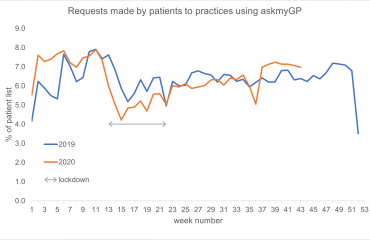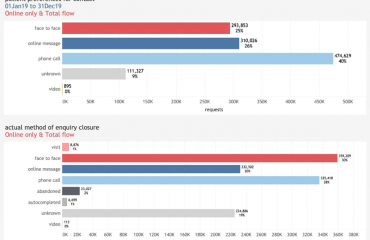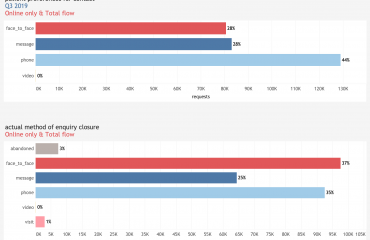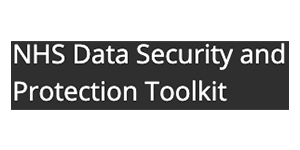“When the Facts Change, I Change My Mind. What Do You Do, Sir?” There’s a lengthy discussion on who said it first, perhaps not Keynes or Churchill, but never mind.
I’ve been saying that there is no evidence of patients being diverted from seeing their GP through online help, and now that’s changed.
Our evidence is from two hard tests to see whether askmyGP can reduce demand. The first is to measure overall demand (by analysing all consultation records for practices in time series over months) and we’ve seen no measurable change up or down, a valuable finding in itself. Demand doesn’t increase even when 20% of it now arrives online. Nor have we seen overall reductions.
The second test is at the patient level, where we offer symptom specific NHS Choices information to patients. Many view this and find it helpful, but very few are deflected from consulting: we measure this continually, so far only 30 out of 38,000 episodes.
Then this Dutch study arrives, high quality evidence of 12% overall demand reduction. Enormously interesting, because the Dutch registered list and capitated system is similar to ours in the NHS (though insurance funded). The reduction was over 2 years and the result not only of the technology but also a complex intervention of GPs advising and encouraging their patients to use it.
But the technology matters too. It’s notable that while NHS Choices is also very popular, there is no evidence of demand reduction as achieved by thuisarts.nl. It was created by NHG, the Dutch equivalent of RCGP. The differences between the two websites may appear subtle, but the fact is, one of them works.
Our aim with askmyGP has always been to make it easier to manage demand, and it’s delivering. One practice manager told us this week, “can’t tell you how helpful the online system is”.
But reducing demand has been an aspiration, subject to finding something that works – perhaps we are now a little closer.
Some of you reading this may be in a position of power and influence. With these new facts, I know what I’d do.
Harry Longman


